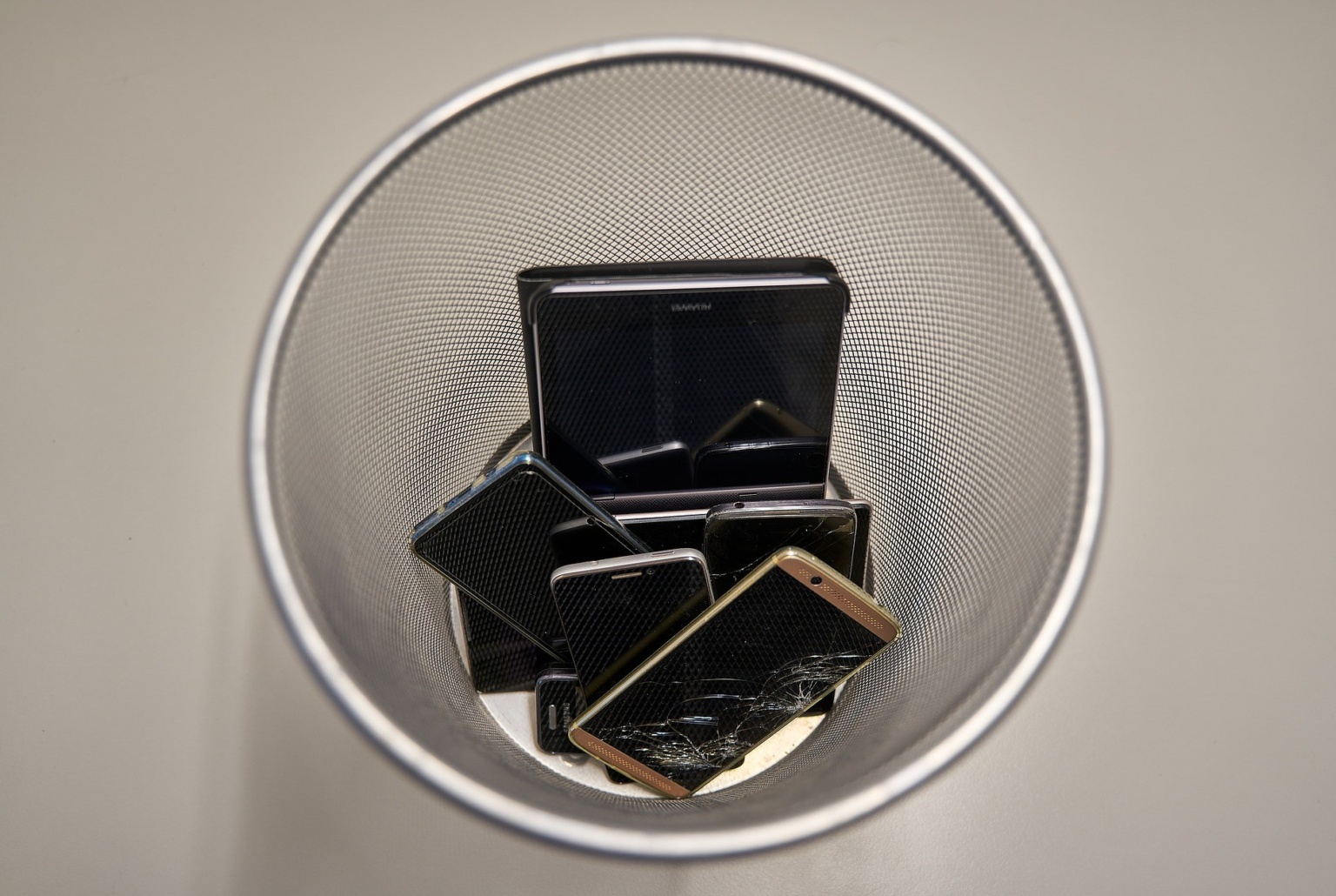
More than 5 billion mobile phones will end up in landfills in 2022
If you stack them on top of each other, the tower will be 120 times higher than the height at which the ISS is located
There are now around 16 billion mobile phones around the world – almost a third of them are expected to be retired this year, raising concerns among some disposal experts.
Experts expect that approximately 5.3 billion mobile phones will fail in 2022. If you stack them on top of each other (assuming each device is about 9mm thick), the resulting tower of e-waste would be 120 times the height of the International Space Station and reach 1/8 of the way to the moon.
Despite the fact that gadgets contain valuable materials such as gold, silver, copper and palladium, experts believe that most end-of-life phones will simply end up in closets or wastebaskets, with the rest ending up in landfills or incinerators.
It is interesting that mobile phones take the 4th place among the small electrical and electronic equipment that consumers accumulate most often.
According to surveys conducted between June and September 2022 among 8,775 European households in 6 countries, the average household has 74 electronic products, including phones, tablets, and household appliances such as toasters and hair dryers. On average, 13 of them are just in storage (9 are owned but not used, and 4 are broken).
The top five small electrical and electronic equipment in Europe include:
- small consumer electronics and accessories (such as headphones and remote controls);
- small household appliances (for example, watches, irons, etc.);
- small IT equipment (for example, external hard drives, routers, keyboards, mice);
- mobile devices and smartphones;
- cooking equipment (for example, toasters, food processors, grills).
The majority of survey participants (46%) said they keep devices because they believe they can use them again in the future. Another 15% said they were looking to sell or give the items away, 13% said the devices had sentimental value, and 9% thought they might be worth something in the future. 7% of respondents say that they simply do not know how to get rid of old things.

